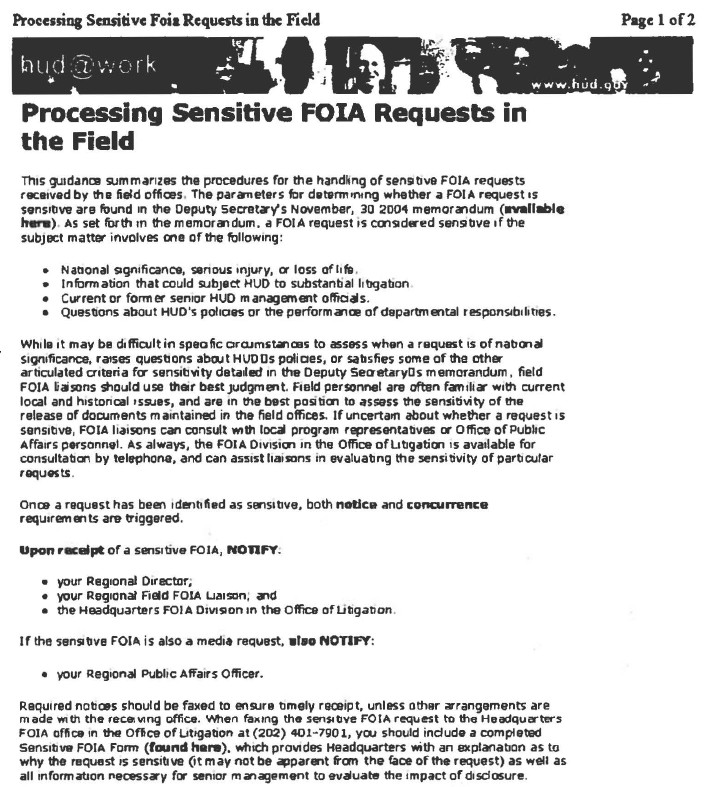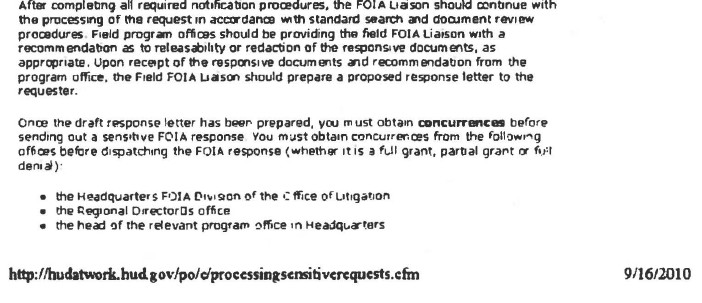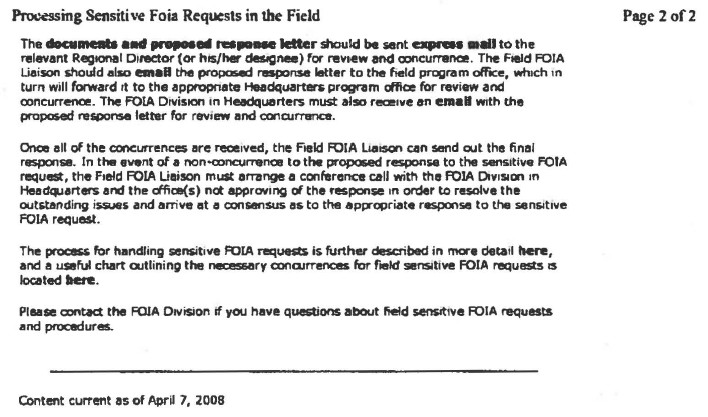Read the full story: Washington Examiner
Cause of Action also alleges that HUD may have violated prohibitions against using appropriated funds “for publicity or propaganda purposes not authorized by the Congress,” as listed in the third edition of “Principles of Federal Appropriations Law,” volume one. None of the suggested Obamacare promotion is specifically mentioned in HUD’s appropriations.
In its letter to HHS Inspector General Daniel Levinson, Cause of Action alleged the agency may have “improperly augmented its appropriation by inducing or accepting HUD’s improper use of appropriations.”
“[I]f HHS was an active participant in the creation of materials or strategies the White House distributed to other agencies, including HUD, then HHS was complicit in the appropriation violations committed by those other agencies,” Cause of Action said.


